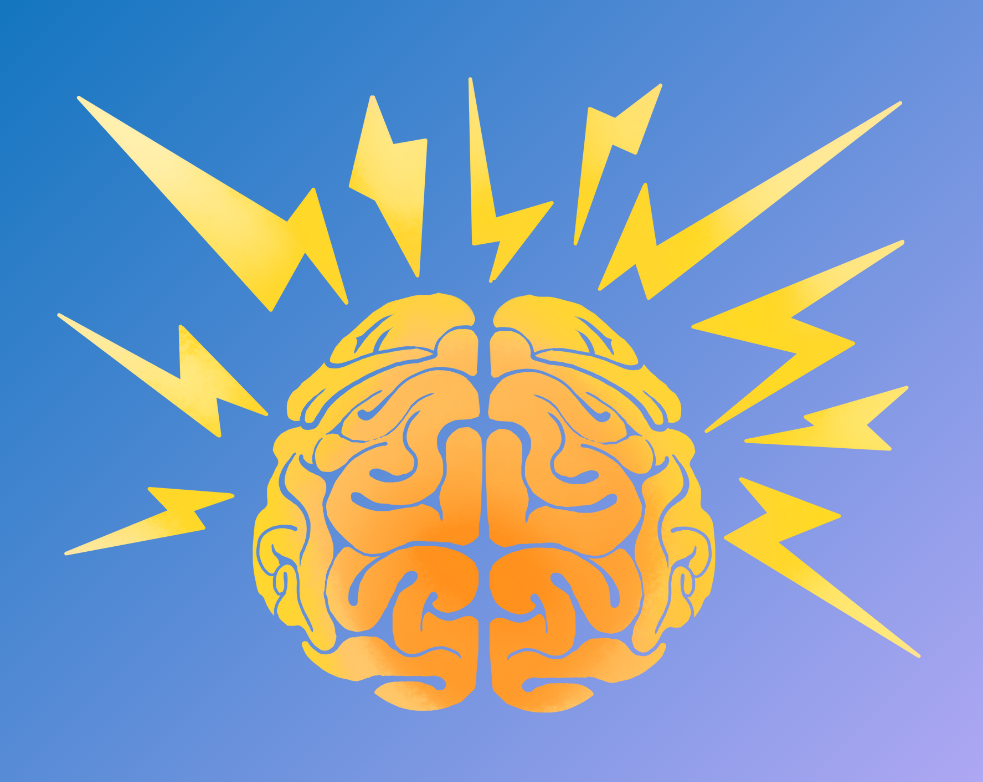blog 3
6 ways yoga nidra can increase job satisfaction and performance
Do you sometimes feel like your pedal is to the metal all the time, you’re working flat out, have no time to yourself and your head is spinning with the never-ending always-growing to-do list?
I get it.
I often feel like it too.
And believe me…
…we are not alone.
A study by Mental Health UK found that ‘20% (one in five) of us needed to take time off work in the past year due to ‘poor mental health caused by pressure or stress’[1]. That’s huge isn’t it! And this number is only going to increase as we continue on this hamster wheel of life.
Which makes me wonder…
If we were happier in our jobs and felt less stress, would we be better at our jobs
and be more satisfied?
It seems so.
A study from the University of Warwick found that ‘happy employees are 12% more productive than their unhappy counterparts’[2]. So, it’s true – increased job satisfaction does improve performance. And vice versa.
So, how can we be better at our jobs, as well as making work more satisfying and enjoyable?
Hello Yoga Nidra.
Yoga Nidra, also known as 'yogic sleep', is a type of meditation practiced in the yoga pose ‘Shavasana’ (or corpse pose). The ultimate goal of this magical and deeply powerful practice is complete relaxation – a state of being many of us can’t imagine ever getting to. But once we get there (and we can with yoga nidra) the benefits we can start to see in our daily lives are huge.
Here we look at 6 ways yoga nidra can help increase job satisfaction as well as performance:
1. Yoga nidra helps you feel calm & centred
The process of lying down immediately activates our body’s relaxation response, which makes us feel more relaxed straight away.
Then there are various stages of the nidra, which help you to stay calm and centred.
The body rotation meditation is one of these. By activating the right side of the brain it puts us into the present moment, which helps us to feel calmer and more receptive.
How much better would your work day be if you were calm, centred and more receptive?
2. Nidra is as good for your brain as a few hour’s sleep
When we sleep our body and brain have time to rest and restore, our liver regenerates and our cells undergo a process of deep repair. This process is essential for us to be able to function at our best ready for the next day.
Difficulties at work and the stress caused by meeting deadlines, dealing with difficult people and spinning all those plates can sometimes prevent us from getting the good night’s sleep we need and this is where yoga nidra can help.
Nidra acts as a reset for our brain. The fluctuation of brainwave states mimics the stages of sleep. During this dreamlike state it is likely that the brain stores memories as it does during sleep. Our brain then feels like we've been asleep, which gives us a much-needed boost.
A 30-minute nidra is as good for your brain as a few hour's sleep and this is really noticeable when practised every day over a long period of time.
It’s important to note here that nidra can’t replace a good night’s sleep, but used alongside other self-care rituals, such as good nutrition and decent sleep, it can help to boost the body and brain and give you that extra oomph needed for your work day ahead.
3. Yoga nidra reduces stress & anxiety
How much would reducing stress and anxiety help to improve your job satisfaction?
A lot, maybe…
We’re all guilty of sometimes feeling stressed at work. It can’t be avoided unfortunately. Yoga nidra can help to reduce that stress, much more than your average meditation practice. In fact, daily nidra practice can keep stress levels low, which could really improve your working week.
Stress reduction happens almost immediately, through the breath awareness work at the beginning of each practice. This can help to calm the nervous system and lead to a reduction of stress straight away.
Then as you get further into the practice, in that space between awake and asleep, where you are so deeply rested your mind and body have begun healing, this is where the stress just slips away and where the most profound benefits can be found.
Yoga Nidra helps to reduce anxiety too. In fact a 2018 study published in the International Journal of Yoga found that yoga nidra was more effective then traditional meditation for managing stress and reducing anxiety.[3].
4. Yoga nidra optimises brain function
Nidra has been shown to have the capacity to boost neuroplasticity by up to 50%, helping us to learn and retain new information.
Whilst in the liminal brain wave states, similar to those of sleep, we experience restoration and regeneration of tissues that can initiate changes in our thought processes.
The rotation of consciousness and the visualisation components of nidra can also be used to support the capacity for neuroplasticity, which optimises brain function and helps us to learn and retain new information.
So, if you’re going on a course at work or you’re upskilling in any way, try nidra to help you and then wow everyone by how much you remember!
5. Yoga nidra boosts creativity
Spending regular time in that liminal space between being awake and asleep has been proven to boost creativity – artists and creatives have been using it forever.
But for those of us who are new to it, it can take a bit of practice.
To begin with we can simply set an intention (or sankalpa) relating to creativity and simply spending time in that liminal space will boost your creativity. It really is that simple.
On a deeper, more advanced, level, it is also possible to structure your nidra to focus on channelling creative guidance on a specific issue or problem you’re having with a project. For example, during the visualisation part of your nidra practice you could connect with the project and invite the next stage to unfold or you could invite images to form relating to the project in different ways.
So, no matter what kind of project you’re working on – a house renovation or a lesson plan for your class – tapping into your subconscious mind whilst in the liminal space will result in more creativity, enabling you to bring more ideas to the table.
6. Nidra helps with decision-making
The unique nature of yoga nidra enables you to easily access your subconscious mind, which can help to improve concentration, focus and mental clarity.
We can become more in tune with what it might be that is causing us to struggle with decision-making – is it stress, anxiety or rigid thought processes?
By being more in tune with our intuition, as well as being more relaxed, we are putting ourselves in a better position to make better decisions.
So, if you’ve got a big meeting coming up or need to do some important decision-making, practising nidra in the lead up to it will not only help calm your nerves it will also clear your mind and open the gates for more ideas and clarity.
So, what next?
Increased creativity, enhanced mental clarity and less stress and anxiety are definitely factors that can improve your wellbeing in ways that will not only help to make you better at your job, but can also help you to enjoy it more.
No matter what job you do, whether you’re a business analyst, a graphic designer or an English teacher, once you start practising yoga nidra on a regular basis you’ll find you have more ideas, more energy and more creativity to bring to your life and your job. Wouldn’t that be great!?
If you’re reading this and thinking you need some of this in your life check out my events page and come along to one of the upcoming sessions.
Or if you’ve already attended some sessions or been practicing nidra at home and have experienced some of these benefits for yourself, please get in touch. I’d love to hear your experiences.
For more information about the benefits of yoga nidra check out blog 1.
Further Reading
[1] https://mentalhealth-uk.org/blog/burnout-report-one-in-five-needed-to-take-time-off-work-due-to-stress-in-the-past-year/#:~:text=Mental%20Health%20UK's%20new%20annual,on%20employment%20and%20mental%20health.
[2] https://www.bainandgray.com/blog/what-is-job-satisfaction-and-how-does-it-effect-performance#:~:text=Research%20from%20the%20University%20of,highly%20productive%20and%20motivated%20employees.
[3] https://www.webmd.com/balance/what-to-know-yoga-nidra








